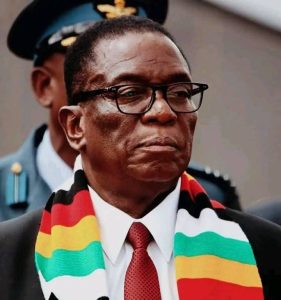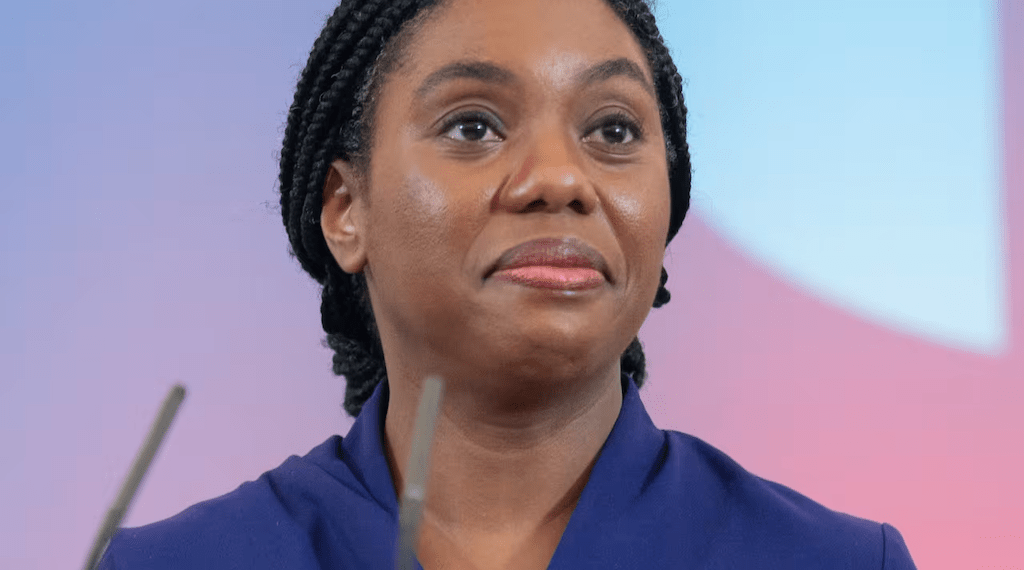Zimbabwe’s governing ZANU-PF party has announced plans to amend the Constitution to extend President Emmerson Mnangagwa’s stay in power by two years, a move that would keep him in office until 2030.
The decision was endorsed on Saturday at the party’s annual conference held in the eastern city of Mutare. Justice Minister and ZANU-PF legal secretary Ziyambi Ziyambi stated that delegates had instructed the government to immediately begin drafting legislation for the constitutional amendment.

President Mnangagwa, 83, is currently required by the Constitution to step down in 2028 after completing two elected terms. Legal experts warn that the proposed change will necessitate a significant constitutional amendment and could potentially trigger referendums.
The move has intensified a power struggle within ZANU-PF and drawn immediate threats of a legal challenge from the opposition.
While loyalists cheered the motion—reinforcing the party’s grip on power—factions aligned with Vice President Constantino Chiwenga were openly resisting the extension. Blessed Geza, a liberation war veteran and Chiwenga ally, has gained significant traction online condemning the proposal.
Opposition figures have promised to mount a strong defense of the Constitution. Prominent opposition lawyer Tendai Biti posted a warning on X, stating, “We will defend the Constitution against its capture and manipulation to advance a dangerous unconstitutional anti-people agenda.”
Despite the high-stakes decision, President Mnangagwa, who previously described himself as a “constitutionalist,” made no mention of the term extension in his closing address at the conference. Vice President Chiwenga has also remained publicly silent on the matter and the ensuing protests.
The renewed political maneuvering unfolds against a backdrop of ongoing economic crisis, marked by hyperinflation and mass unemployment. Critics accuse the ZANU-PF government of stifling dissent and weakening democratic institutions.
In a related incident, ten elderly activists, mostly in their 60s and 70s, were arrested in Harare on Friday for allegedly planning a protest demanding Mnangagwa’s resignation. They face charges of attempting to incite “public violence” and remain in custody pending a bail hearing on Monday. Authorities had similarly detained nearly 100 young people earlier this year.





